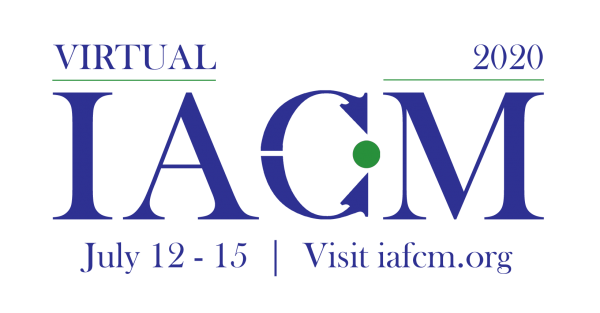Full Program »
How a Pandemic May Spark Educational Enhancements - Connectivism in Negotiation Pedagogy
The American education system underwent innumerable changes almost overnight due to the COVID-19 pandemic. The pandemic initially shutdown schools leaving educators only a few weeks – or less – to formulate a way to teach students outside the normal format. While some class structures lent themselves well to online formats, other in-person instruction dependent classes required immediate restructuring of entire lesson plans.
For the most part, negotiation classes fall into the latter category because much of the class is dedicated to roleplay simulations. The roleplays require students to employ and experience negotiation techniques first-hand. Could this methodology translate to an online format? I suggest the answer is: yes, and under a new educational theory it enhances the end product so effectively that educators should incorporate it permanently into negotiation curriculums.
This article first provides background descriptions of existing educational theories and an analysis of how those theories generally apply to negotiation roleplaying. Then the article focuses on one of the newest educational theories – connectivism – and argues that connectivism should serve as a basis for negotiation education. The article explains how the pandemic forced me to adopt connectivist methodologies in my own classes and demonstrates how one of these methodologies could serve as an improvement over the current paradigm. In conclusion, I suggest that further studies be undertaken to determine the overall effectiveness of these methodologies to negotiation education.
